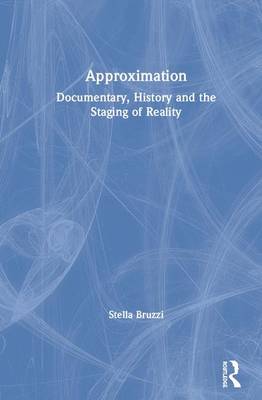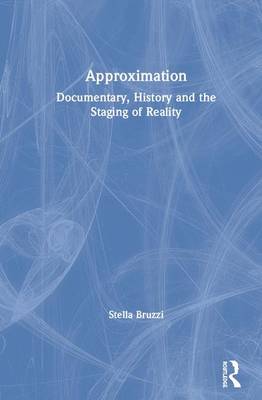
- Retrait gratuit dans votre magasin Club
- 7.000.000 titres dans notre catalogue
- Payer en toute sécurité
- Toujours un magasin près de chez vous
- Retrait gratuit dans votre magasin Club
- 7.000.0000 titres dans notre catalogue
- Payer en toute sécurité
- Toujours un magasin près de chez vous
Description
In our era of 'fake news', Stella Bruzzi examines the dynamism that results from reusing and reconfiguring raw documentary data (documents, archive, news etc.) in creative ways.
Through a series of individual case studies, this book offers an innovative framework for understanding how, in our century, film and media texts frequently represent reality and negotiate the instabilities of 'truth' by 'approximating' factual events rather than merely representing them, through juxtaposing disparate, often colliding, perspectives of history and factual events. Covering areas such as true crime, politics and media, the book analyses the fluidity and instability of truth, arguing that 'approximation' is more prevalent now in our digital age, and that its conception is a result of viewers' accidental or unconscious connections and interventions.
Original and thought-provoking, Approximation provides students and researchers of media, film and cultural studies a deeper insight into our understanding and acceptance of what truth really means today.
Spécifications
Parties prenantes
- Auteur(s) :
- Editeur:
Contenu
- Nombre de pages :
- 244
- Langue:
- Anglais
Caractéristiques
- EAN:
- 9780415688321
- Date de parution :
- 18-05-20
- Format:
- Livre relié
- Format numérique:
- Genaaid
- Dimensions :
- 156 mm x 233 mm
- Poids :
- 629 g

Les avis
Nous publions uniquement les avis qui respectent les conditions requises. Consultez nos conditions pour les avis.






